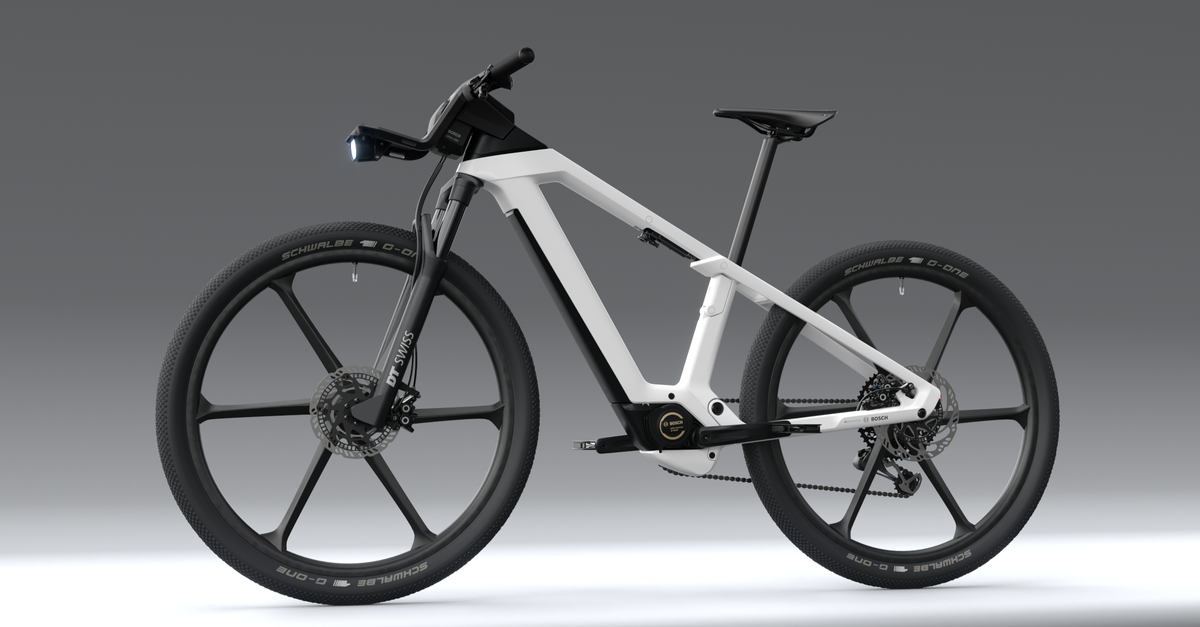Electric bikes have come a long way in recent years, transforming from basic pedal-assist bikes into advanced, cutting-edge vehicles. As people increasingly seek eco-friendly transportation alternatives, the electric bike industry leads the charge in technological progress. In this article, we’ll dive into the thrilling developments and trends defining the future of electric bikes.
1. Smart Connectivity and Integration
A standout trend in electric bikes is the incorporation of smart technology. Modern electric bikes come equipped with sensors, GPS tracking, and smartphone connectivity, enabling riders to keep tabs on their performance, plan routes, and tweak settings through specialized mobile applications. These innovations not only enrich the riding experience but also boost safety and convenience.
2. Lightweight and Efficient Batteries
Battery technology takes center stage in electric bike innovation. Manufacturers consistently strive to create lighter, high-capacity batteries that offer extensive range and swift charging times. Lithium-ion and lithium-polymer batteries are steadily becoming more compact and energy-dense, allowing electric bikes to travel further on a single charge. Swift progress in battery efficiency fuels the growing appeal of electric bikes as a viable transportation option.
3. Long-Lasting Battery Life
Thanks to relentless research and development efforts, electric bike batteries are becoming increasingly efficient, granting riders the luxury of extended battery life. Contemporary electric bikes can now cover impressive distances on a single charge, making them perfect for lengthier commutes and leisurely rides without fretting about running out of power. This boosted battery life is a game-changing feature that entices more people to adopt electric bikes as their primary mode of transportation.
4. High-Performance Motors
Electric bikes now feature high-performance motors with impressive torque and power capabilities. These motors enable electric bikes to handle diverse terrains, from steep hills to rough off-road trails, with ease. Improved motor efficiency contributes to a smooth and responsive riding experience, making electric bikes a versatile choice for various riding conditions.
5. Sustainable Materials and Design
As environmental awareness continues to grow, the electric bike industry is focusing on sustainable materials and eco-friendly design practices. Manufacturers are exploring the use of recycled materials and environmentally conscious production methods to minimize their carbon footprint. From biodegradable components to energy-efficient manufacturing processes, the industry is committed to creating electric bikes that are both innovative and environmentally responsible.
6. Foldable and Compact Designs
Compact and foldable electric bikes have gained immense popularity, especially in urban areas where space is limited. These innovative designs allow riders to easily fold and store their bikes in tight spaces, such as apartments, offices, or public transportation. Foldable electric bikes are becoming increasingly lightweight and portable, making them a convenient choice for urban commuters and travelers.
7. Enhanced Safety Features
Safety is a top priority in electric bike design. Manufacturers are incorporating advanced safety features such as automatic lighting systems, brake sensors, and collision detection technology. These features not only enhance rider safety but also increase the visibility of electric bikes on the road, reducing the risk of accidents. Additionally, the integration of anti-theft systems and GPS tracking enhances the security of electric bikes, giving riders peace of mind.
8. Improved Suspension Systems
Electric bikes specifically designed for off-road and mountain biking escapades come with state-of-the-art suspension systems. These systems offer superior shock absorption, guaranteeing riders a smooth and enjoyable experience even on bumpy and irregular surfaces. By incorporating cutting-edge suspension technologies, the handling and stability of electric bikes are greatly enhanced, giving bikers the confidence to tackle difficult trails.
9. Urban Mobility Solutions
Electric bikes are becoming an integral part of urban mobility solutions. City planners and transportation authorities are recognizing the potential of electric bikes in reducing traffic congestion and promoting eco-friendly transportation. Bike-sharing programs and dedicated electric bike lanes are becoming commonplace in many cities, encouraging more people to opt for electric bikes as a viable mode of urban transportation.
Conclusion
The future of electric bikes is undeniably bright, with continuous technological advancements driving the industry forward. From smart connectivity and lightweight batteries to enhanced safety features and sustainable designs, electric bikes are evolving to meet the demands of modern riders. As these innovations become more accessible and affordable, electric bikes are poised to revolutionize urban transportation, offering a sustainable and enjoyable alternative for commuters and enthusiasts alike. With each technological leap, electric bikes are not only transforming the way we travel but also contributing to a greener and more sustainable future for all.

